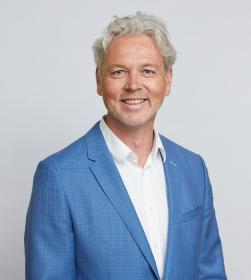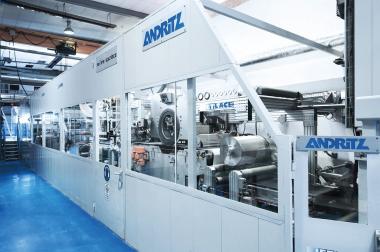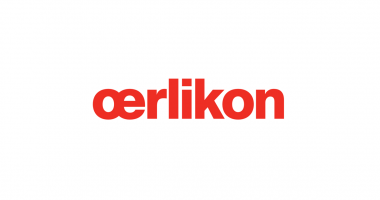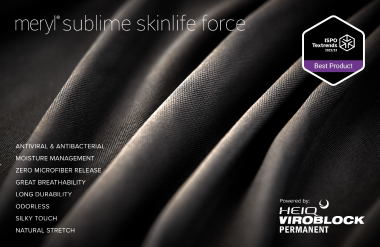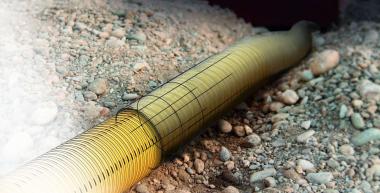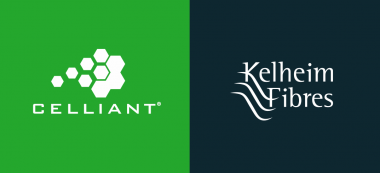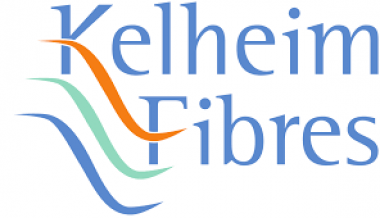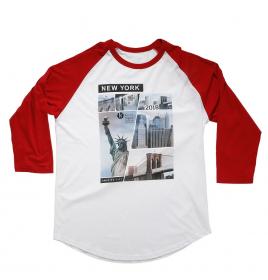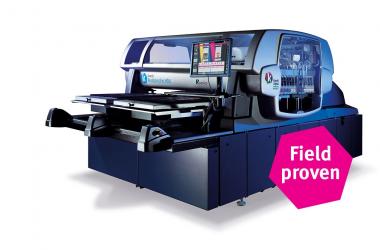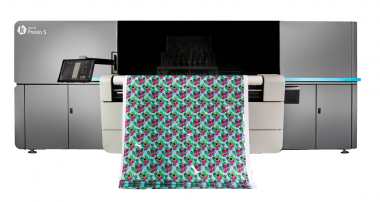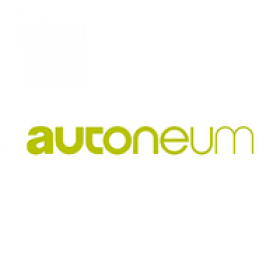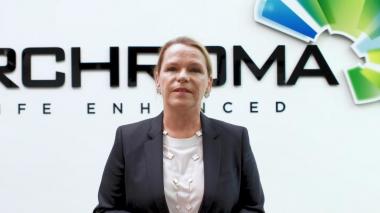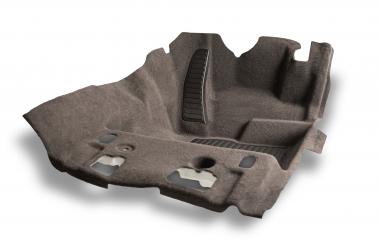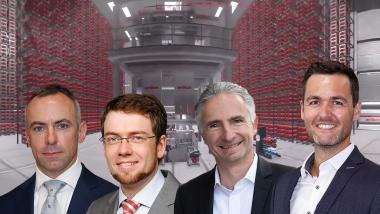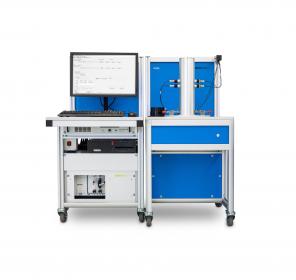Mimaki appoints Mark Sollman as Product Manager EMEA
Mimaki, a manufacturer of inkjet printers and cutting systems, has today announced that long-standing employee, Mark Sollman, will be appointed to the role of Product Manager, EMEA on the 1st July 2021. Sollman has been with Mimaki for over 15 years and as such, his extensive knowledge of the business and its diverse product portfolio makes him the clear choice for this esteemed management position.
Sollman will be succeeding Bert Benckhuysen. After four years with Mimaki, Benckhuysen has decided to take on a new challenge as Business Development Director at Colourama. A valued Mimaki customer, Colourama is a company Benckhuysen knows well, having also previously been employed as Production Manager at this thriving Polish textile printer.
Mimaki Europe B.V / Bespoke


